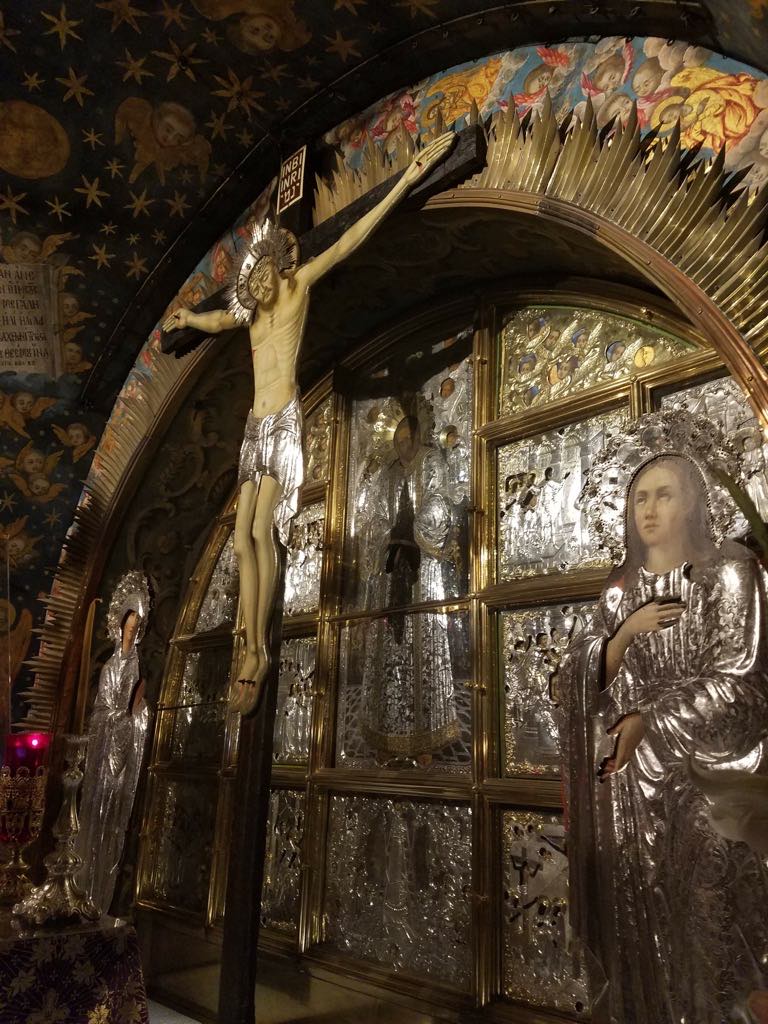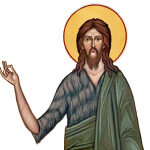
Holy Friday and Saturday are two of the most solemn days within the life of the Orthodox Church, on which we witness our Lord willingly give His life for our sake, descending even to hell in order to redeem us from sin and death. We watch our Lord’s crucifixion by the hands of those He came to save, and contemplate the mystery of God’s descent to hell, awaiting in joy His glorious Resurrection from the dead. A venerable tradition in the Church – especially among the Carpatho-Russians who founded our parish – is the Vigil at the Tomb of Christ, commonly referred to as the ‘Grave Watch.’ After our Lord died on the Cross, Nicodemus and Joseph of Arimathea took the body of Jesus, bound it in linen cloths with spices, and buried it in a new tomb. Mary Magdalene and “the other Mary” (the Theotokos) sat opposite the tomb, watching as their Lord was buried. The Church has joined with these two women in keeping watch over Jesus’ tomb for centuries, and the Grave Watch Vigil is our opportunity join these two women, and generations of our forebears in the Faith, by helping to keep watch over our Lord’s body as He descends into Hell to loosen the bonds of death. What better way to understand the death and resurrection of Jesus than to participate in the Vigil by His tomb?
The Church has given us this opportunity to watch and wait with the countless saints and myriads of angels as our Lord conquers death. In many parishes, this custom has died out due to lack of volunteers, but let us struggle to offer this small sacrifice of time and energy to Christ and join the faithful Mary Magdalene and Our Lady Theotokos in awaiting the Resurrection of her Son. If you can, please join us in this effort! You may sign up at www.signupgenius.com/go/10C084FADA929ABF94-48927249-grave
When we keep watch over the tomb from Friday through Saturday morning, we most commonly see the Psalter read, but many read the Gospels or the Acts of the Apostles; others sing hymns, while yet others simply pray in silence. Regardless, it is almost universal to read the Acts of the Apostles from the Vesperal Liturgy on Saturday through the Midnight Paschal Service, as historically the newly-baptized Christians would sit and hear these words as the conclusion of their catechetical preparation for life in the Church. Finally, it has become customary for the Grave Watch to conclude, just before the Paschal Vigil, with the reading of the conclusion of the Book of Revelation (20:11 – 22:21).

